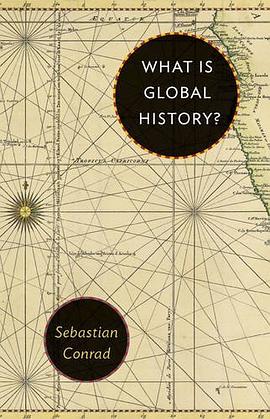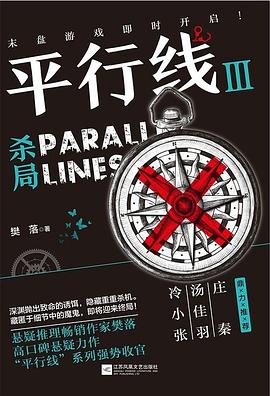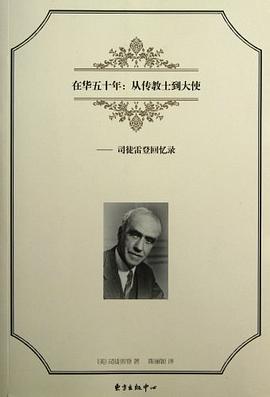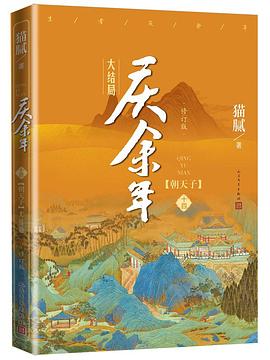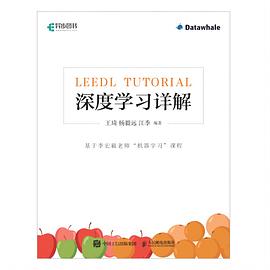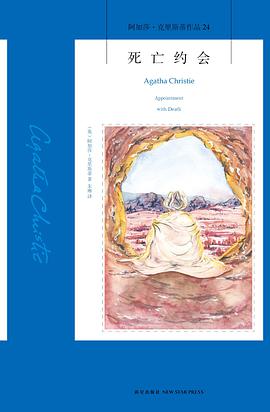What Is Global History?
内容简介
Until very recently, historians have looked at the past with the tools of the nineteenth century. But globalization has fundamentally altered our ways of knowing, and it is no longer possible to study nations in isolation or to understand world history as emanating from the West. This book reveals why the discipline of global history has emerged as the most dynamic and innovative field in history—one that takes the connectedness of the world as its point of departure, and that poses a fundamental challenge to the premises and methods of history as we know it.
What Is Global History? provides a comprehensive overview of this exciting new approach to history. The book addresses some of the biggest questions the discipline will face in the twenty-first century: How does global history differ from other interpretations of world history? How do we write a global history that is not Eurocentric yet does not fall into the trap of creating new centrisms? How can historians compare different societies and establish compatibility across space? What are the politics of global history? This in-depth and accessible book also explores the limits of the new paradigm and even its dangers, the question of whom global history should be written for, and much more.
Written by a leading expert in the field, What Is Global History? shows how, by understanding the world's past as an integrated whole, historians can remap the terrain of their discipline for our globalized present.
......(更多)
作者简介
Sebastian Conrad is professor of history at the Free University of Berlin. He is the author of German Colonialism: A Short History, Globalisation and the Nation in Imperial Germany, and The Quest for the Lost Nation: Writing History in Germany and Japan in the American Century.
......(更多)
目录
1 Introduction 1
2 A short history of thinking globally 17
3 Competing approaches 37
4 Global history as a distinct approach 62
5 Global history and forms of integration 90
6 Space in global history 115
7 Time in global history 141
8 Positionality and centered approaches 162
9 World-making and the concepts of global history 185
10 Global history for whom? The politics of global history 205
Acknowledgments 237
Notes 239
Index 283
......(更多)
读书文摘
人类活动虽然具有多向性,虽然有着选择的余地,但选择并非凭空进行,也不是绝对自由的,而是由既定条件决定的;因此,既不能认为社会经济结构决定一切,也不能忽视社会经济条件的决定作用,而应当把自然生态变化、人类主观活动以及自由选择余地等等因素与社会经济结构放在一起
......(更多)
